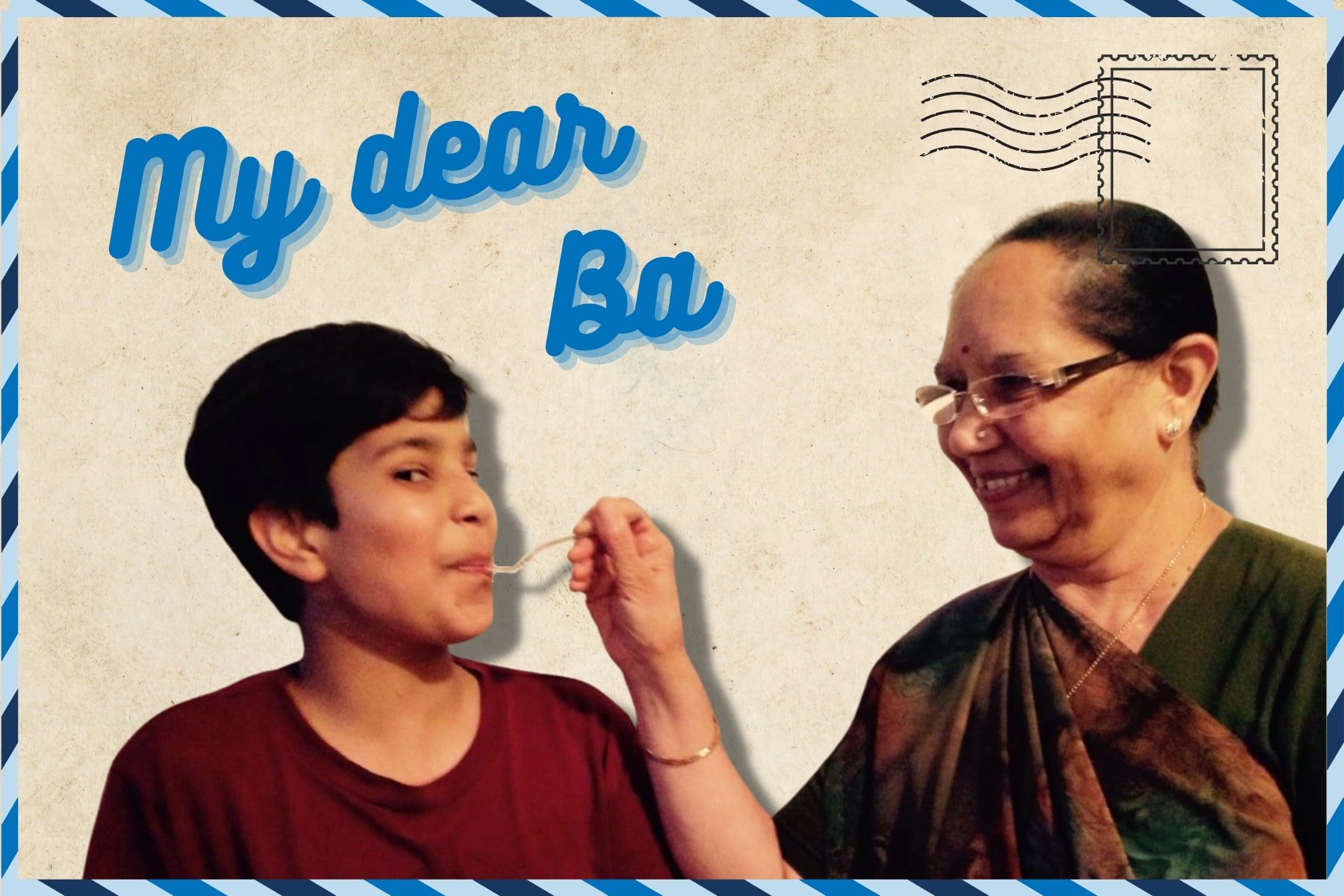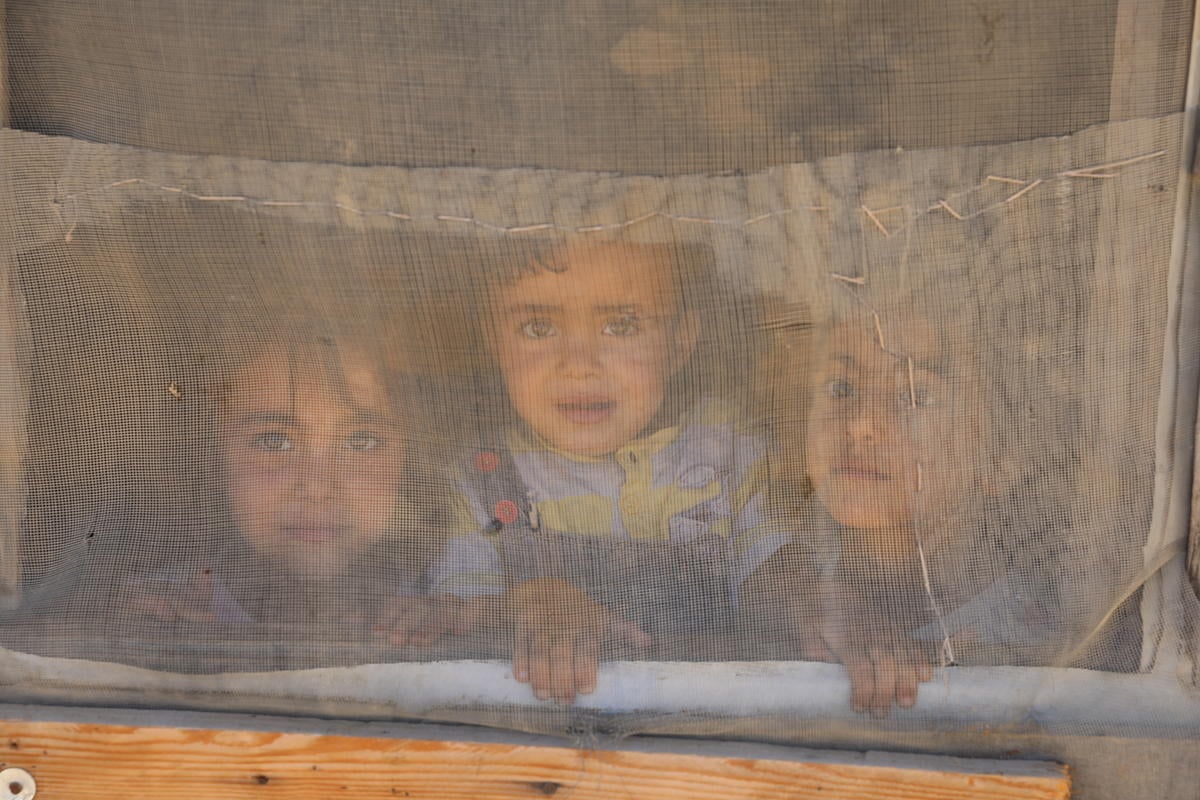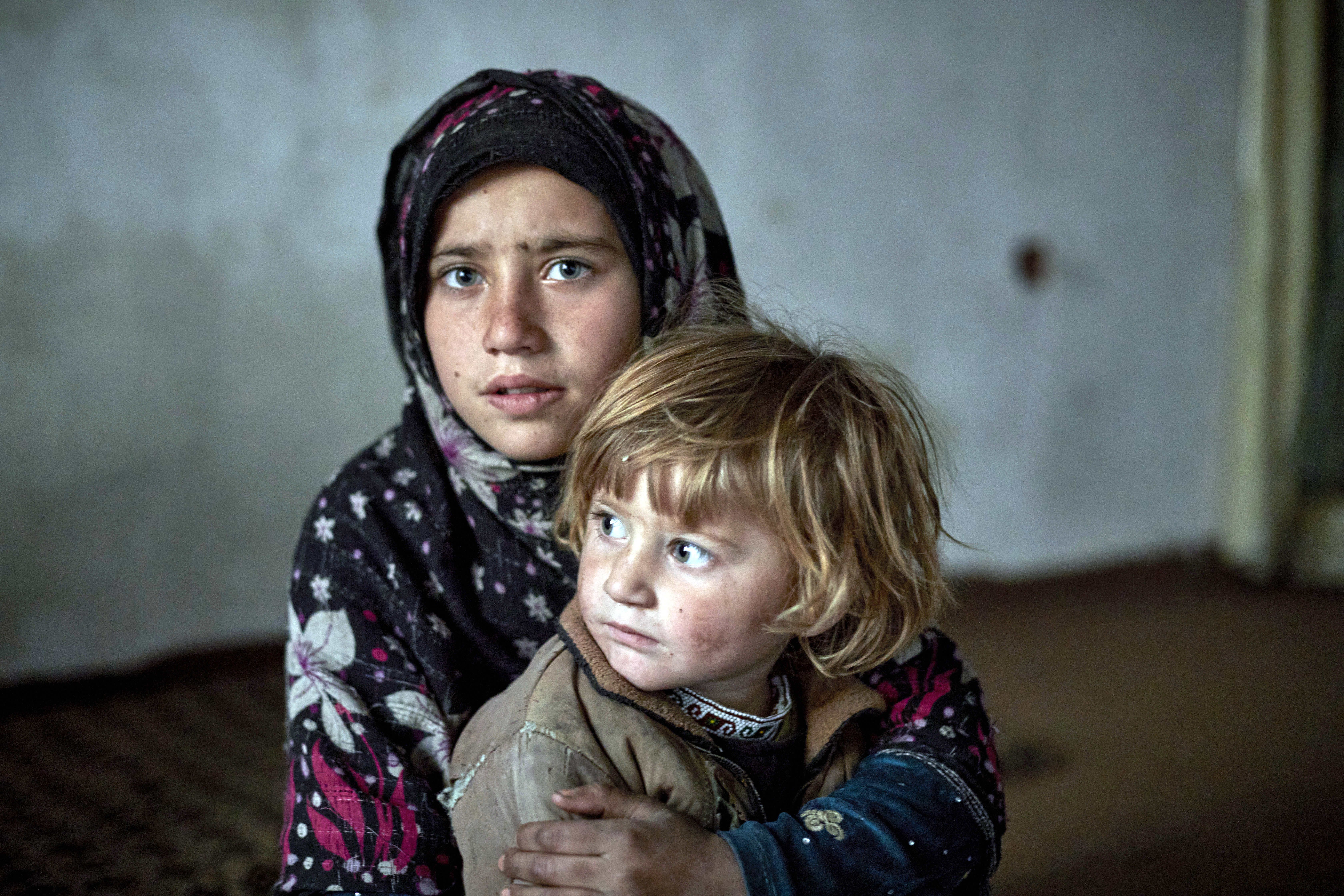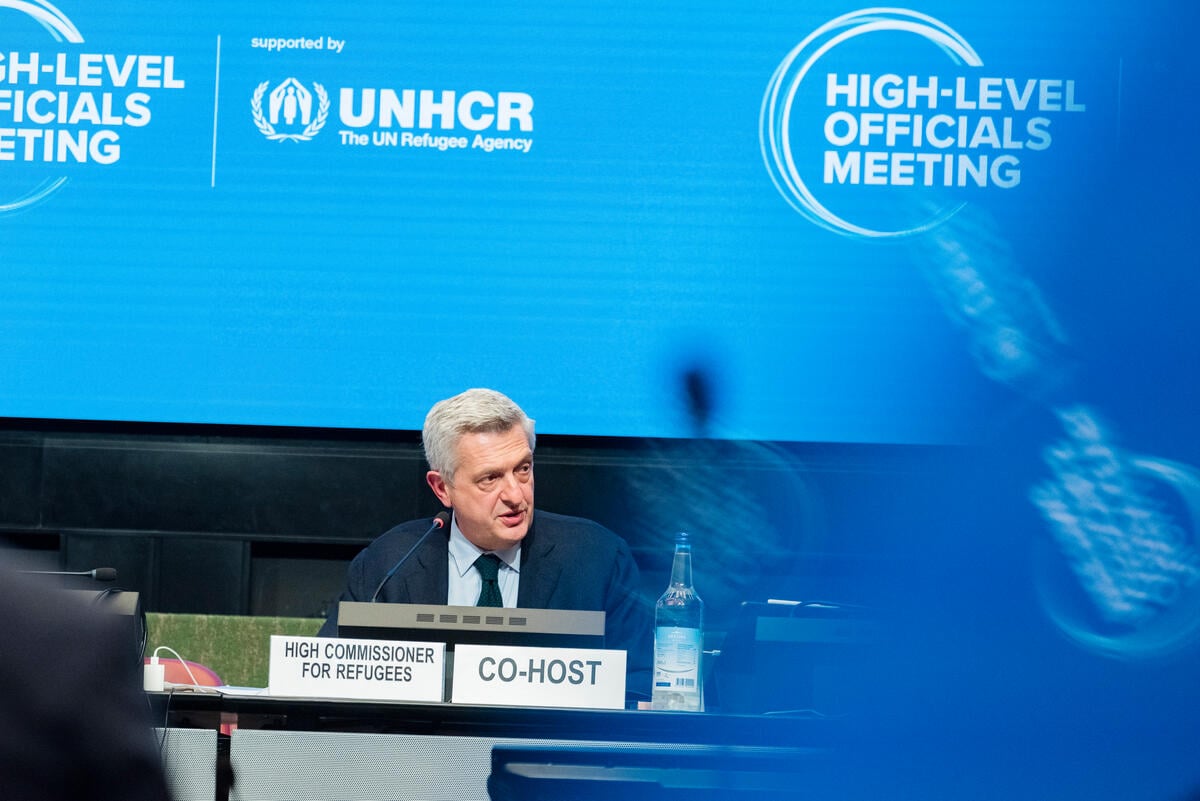Resettled Colombians go Dutch
Resettled Colombians go Dutch

AMERSFOORT, Netherlands, June 13 (UNHCR) - For 18 Colombian refugees who had initially fled to Ecuador, "dank u wel" - thank you - are among the first Dutch words they learnt upon their recent arrival in the Netherlands. These particularly vulnerable refugees, who were selected under the Dutch resettlement programme, are grateful for the opportunity to get on with their lives in an unfamiliar but safe environment.
The reception centre at Amersfoort in Central Netherlands is the latest stop in the long journey of these Colombian families. Within a few months, they should have their own home somewhere in the Netherlands, a safe haven after their escape from war-torn Colombia.
The story of Raúl and his family is representative of these refugees. Over a typical Dutch lunch of cheese sandwiches and buttermilk in Amersfoort, he explains, "The violence of the guerrilla rebels and the paramilitary forced us to run away. We only had the clothes on our backs when we arrived in Ecuador. There, our life was very difficult. There was no work for us, and Colombians are discriminated against because the violence in our country gives us a bad name, even though most of us are good, hardworking people."
He adds, "But most of all, we were afraid of guerrillas and paramilitaries infiltrating from Colombia. Even in Ecuador, we could not feel safe. We were still getting caught in a conflict that was none of our business."
For some, it may take some time before the calm of the Netherlands soothes the traumatic experiences of the past. "This week, I went for my first bicycle ride near the centre," says Yolanda, a mother of five. "It was beautiful to be cycling in the green fields. But I didn't feel comfortable. I was always afraid that someone might suddenly jump out from the bushes to harm me."
The Netherlands have a long-standing tradition of offering resettlement. This is a crucial way out for refugees who are desperately in need of protection but cannot find safety in the first country where they sought refuge. Under the European Union's Hague Programme that was adopted under the Dutch Presidency, the Union is committed to an EU-wide resettlement scheme among its 25 member states.
Every year, the Netherlands seeks to resettle a quota of 500 "invited refugees". This year, the Dutch resettlement programme is forging ahead following the resumption of official missions to select resettlement cases in the field in cooperation with UNHCR. A first mission to Uganda paved the way for the resettlement in January of 150 refugees from Sudan, Burundi and the Democratic Republic of the Congo. A second Dutch delegation headed for Ecuador, where they interviewed 100 people who were presented for resettlement by UNHCR.
During a recent visit to the Amersfoort centre, a UNHCR delegation discussed the reception of the Colombian newcomers. Among the issues raised were the availability of documentation for resettled refugees, and their housing in a reception centre amidst asylum seekers who, unlike the Colombians, do not know yet if they will have a future in the Netherlands or if they may have to leave the country. Both these problems need quick resolution.
For Esteban, one of the resettled Colombians, Holland was light years away from the squalid neighbourhood where he lived with his family in Quito. "We didn't know anything about this country. I went to the city library to find out more, but they didn't have any books on the Netherlands. Finally, we found most of our information on Internet."
That led to some surprising discoveries: for instance, that half of the country is below sea level.
"One of the refugees was a bit worried about this. He wanted to know what the Dutch do when there's a tsunami," says Nicolien Rengers, head of the Amersfoort reception centre, who participated in the mission to Quito. "But another refugee was in a hurry to come and asked to be resettled before April 30, so that he and his family would be on time for the festivities of the Queen's birthday, our national holiday!"
As things turned out, they'll have to wait until next year to celebrate the Queen's birthday: the first group of 37 Colombians arrived in the Netherlands on May 27 and was hosted by the Dutch reception agency COA - 18 in Amersfoort and the rest in two other cities. There, they receive further orientation courses on Dutch society, while the centre is arranging for the children to attend school.
The resettled Colombians are grateful for what they have received in the Netherlands to date. "We have our living quarters here and we receive food and medical care," says Raúl. "But if you are given everything, you get spoilt and you might not make enough efforts to look further. We are used to doing something for what we get. That's important for us, because it makes us feel useful."
Esteban is already doing his bit in the centre. "I do some menial jobs here, I just signed a contract to repaint the rooms. So now I'm a real painter, like Vincent van Gogh!"
He adds, "In Colombia, I was a salesman in a hardware shop for 18 years. In Ecuador, I did all sorts of jobs to support my family. I'm still confused about what I would do here. I'd like to follow a workshop to develop my skills. My dream is to set up my own business, so that I can offer job opportunities to others."

"I'll come and work in your firm," says Raúl jokingly, "and I know the others here will too!"
Their expectations of a new life in the Netherlands are mainly influenced by their past experiences. "Most of all, we want a calm and peaceful life, so that we can build a future for our children," says Raúl's wife Pilar. "We'll go where they send us. But I hope it'll be a small, quiet village, somewhere in the Netherlands!"
By Diederik Kramers in Amersfoort, Netherlands









